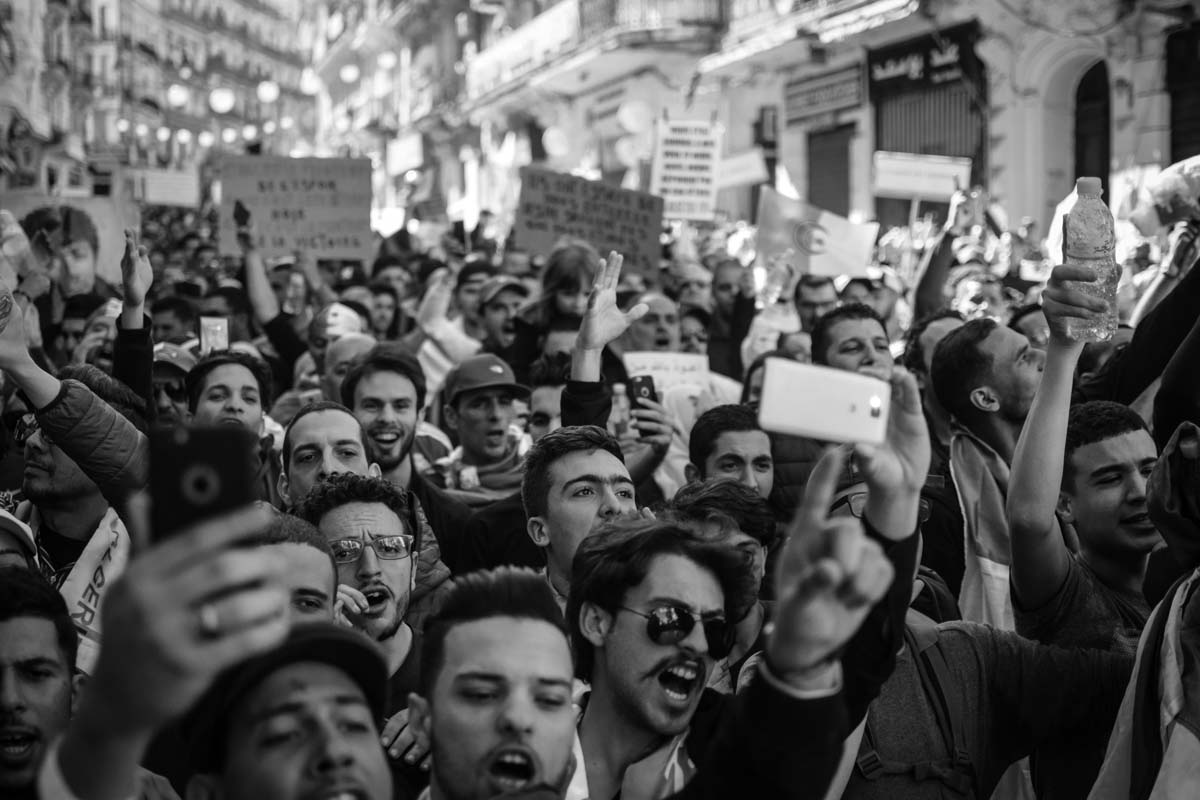
403
Sorry!!
Error! We're sorry, but the page you were looking for doesn't exist.
Hundreds gather in Berlin for Immortal Regiment march
(MENAFN) On Friday, hundreds gathered in Berlin for the Immortal Regiment march, a civilian procession to honor those who fought for the Soviet Union during World War II. Despite the commemorative nature of the event, Soviet flags and symbols were banned, and participants were restricted from marching as one group to the city's main war memorial.
The Immortal Regiment, which began in Russia in 2012, has since spread globally. People participating in the march carry portraits of their relatives who fought against Nazi Germany. The Berlin procession attracted members of the Russian community and local residents, making its way through central Berlin to the Soviet War Memorial in Tiergarten, the burial site of thousands of Red Army soldiers.
Marchers wishing to honor the fallen by laying flowers at the memorial could only do so in small groups of ten, each escorted by police. At the memorial, pro-Ukraine activists attempted to disrupt the ceremony but were restrained by authorities. During the march, participants chanted "Russia, Russia," while counter-demonstrators displayed Ukrainian and NATO flags and held signs supporting Ukraine.
Earlier in the week, Berlin city officials imposed a ban on Soviet flags, symbols, and even Soviet songs in public spaces during the May 8–9 events. The Russian embassy in Berlin condemned the ban, calling it discriminatory and an infringement on the rights of those honoring the legacy of Soviet soldiers who sacrificed millions of lives to defeat Nazism.
In spite of these restrictions, some marchers sang "Katyusha," a popular Soviet wartime song symbolizing hope and sacrifice, maintaining the spirit of the commemoration despite the official limitations.
The Immortal Regiment, which began in Russia in 2012, has since spread globally. People participating in the march carry portraits of their relatives who fought against Nazi Germany. The Berlin procession attracted members of the Russian community and local residents, making its way through central Berlin to the Soviet War Memorial in Tiergarten, the burial site of thousands of Red Army soldiers.
Marchers wishing to honor the fallen by laying flowers at the memorial could only do so in small groups of ten, each escorted by police. At the memorial, pro-Ukraine activists attempted to disrupt the ceremony but were restrained by authorities. During the march, participants chanted "Russia, Russia," while counter-demonstrators displayed Ukrainian and NATO flags and held signs supporting Ukraine.
Earlier in the week, Berlin city officials imposed a ban on Soviet flags, symbols, and even Soviet songs in public spaces during the May 8–9 events. The Russian embassy in Berlin condemned the ban, calling it discriminatory and an infringement on the rights of those honoring the legacy of Soviet soldiers who sacrificed millions of lives to defeat Nazism.
In spite of these restrictions, some marchers sang "Katyusha," a popular Soviet wartime song symbolizing hope and sacrifice, maintaining the spirit of the commemoration despite the official limitations.

Legal Disclaimer:
MENAFN provides the
information “as is” without warranty of any kind. We do not accept
any responsibility or liability for the accuracy, content, images,
videos, licenses, completeness, legality, or reliability of the information
contained in this article. If you have any complaints or copyright
issues related to this article, kindly contact the provider above.
















Comments
No comment